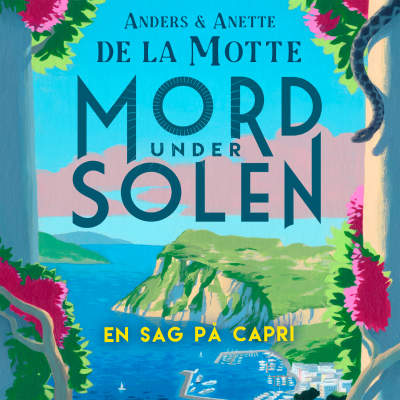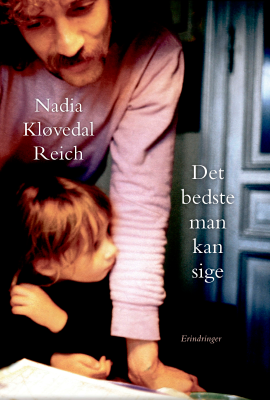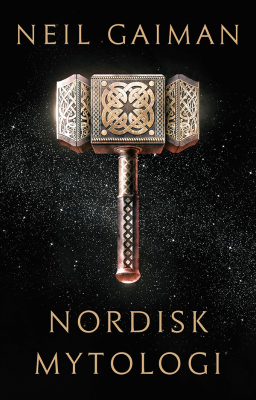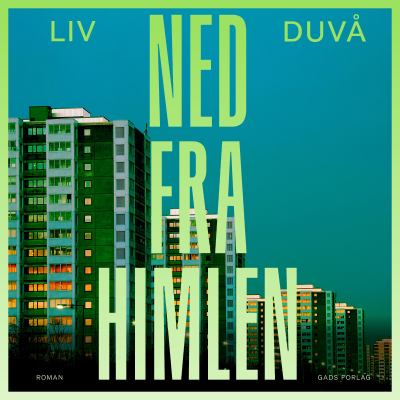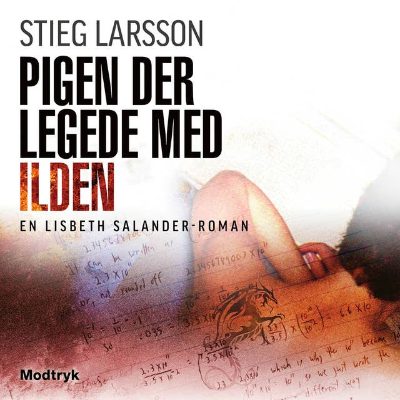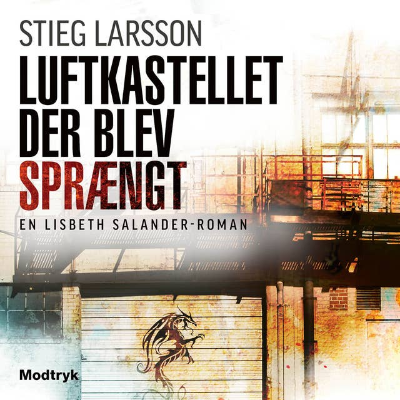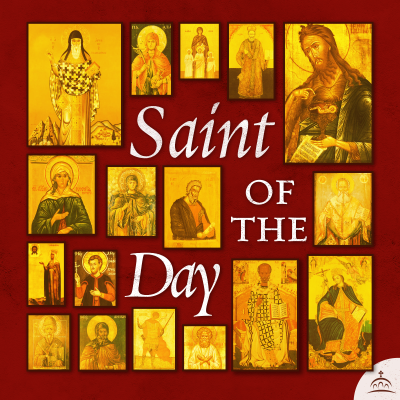
Saint of the Day
Podcast af Dn. Jerome Atherholt, and Ancient Faith Ministries
Prøv gratis i 7 dage
99,00 kr. / måned efter prøveperiode.Ingen binding.

Mere end 1 million lyttere
Du vil elske Podimo, og du er ikke alene
Rated 4.7 in the App Store
Læs mere Saint of the Day
Daily Orthodox Saints
Alle episoder
4680 episoder"In the time of Diocletian, a fierce persecutor of Christians called Philomarchus came to Sebaste. He arrested and killed many Christians in the town. When he saw Athenogenes and his disciples, he told the elder to sacrifice to the idols, that they should not perish as had the other Christians. Athenogenes replied: 'O Torturer, those whom you describe as having perished have not perished, but are in heaven and make merry with the angels!' There was a touching moment when a deer, which had been hand-fed by the compassionate Athenogenes, ran up to him and, seeing him in such straits, shed tears. Wild animals of the hills had more pity on the martyrs than did the pagans! After harsh torture, during which an angel of God comforted them, they were all beheaded, first the priests and fellow workers of Athenogenes and then Athenogenes himself, and went to their heavenly home in the year 311." (Prologue) The Great Horologion adds "There is a second Martyr Athenogenes commemorated today, mentioned by St Basil... it is said that as this Athenogenes approached the fire, wherein he was to die a martyric death, he chanted the hymn O Joyous Light in praise of the Holy Trinity." This is one way that we know that the vesperal hymn Gladsome Light was in use before the time of St Basil the Great.
"Holy Julitta was of noble birth. She was widowed young, and left with a newborn child, Cyricus. She lived in Iconium, a city of Lycaonia, and was a very devout Christian. She had her son baptised immediately after his birth and, when he was three years old, instructed him in the Faith and taught him to pray insofar as a child of that age is capable of learning. When Diocletian launched a persecution of Christians, much innocent blood was shed in the city of Iconium. Julitta took her son and hid from the wrath of the pagans in the town of Seleucid, but things were no better there. Julitta was arrested as a Christian and brought to trial. Seeing Julitta so courageously proclaim her faith in the Lord Jesus, the judge, to distress her and make her waver, took the child in his arms and began to kiss it. But Cyricus shouted: 'I am a Christian; let me go to my mother!', and he began to scratch the judge, turning his face away from him. The judge was furious, threw the child to the ground and kicked it, and the child rolled down the stone steps and gave his holy and innocent soul to God. Seeing how Cyricus suffered before her, Julitta was filled with joy and gave thanks to God that her son had been counted worthy of the wreath of martyrdom. After harsh torture, Julitta was beheaded, in the year 304. The relics of Ss Cyricus and Julitta have wonderworking power to this day. A part of the relics of these saints is to be found in Ochrid, in the Church of the Holy Mother of God, the Healer." (Prologue. In the Prologue, the name of Cyricus is spelled "Cerycus." It is changed here for consistency with other sources.)
He, along with his wife Priscilla, is mentioned in the book of Acts and in St Paul's Epistle to the Romans. He and his wife were Jews who moved to Corinth when the Emperor Claudius expelled all Jews from Italy. They were working as tentmakers in Corinth when they met and worked with St Paul, also a tentmaker by trade, who brought them to faith in Christ. From that time onward they worked diligently to spread the Gospel of Christ. The Prologue says that they died at the hands of pagans, the Great Horologion that the circumstances of their repose are unknown.
He was made bishop by the Apostle Peter and sent to Gaul as a missionary. Some believe that he was Simon the Leper, whom the Lord healed, later named Julian in Baptism. In Gaul, despite great difficulty and privation, he converted many to faith in Christ and worked many miracles — healing the sick, driving out demons, and even raising the dead. In time the local prince, Defenson, was baptised along with many of his subjects. He reposed in peace.
Proclus was the uncle of Hilarius; both were from Kallippi in Asia during the reign of Trajan. When Proclus was brought to be tried as a Christian, the judge asked him 'Of what race are you?' Proclus answered 'I am of the race of Christ, and my hope is in my God.' When the judge threatened to torture him, he said 'When you are afraid to transgress the Emperor's commands and risk falling into temporal punishment, how much more do we Christians fear to transgress against God's commands and fall into eternal torment!' When Proclus was given over to torture, his nephew Hilarius came forward and proclaimed 'I too am a Christian.' After torture, both were condemned to death; Proclus was crucified and Hilarius beheaded. Imagine how the Orthodox Church would benefit if, when we were asked 'Of what race are you?' the first answer that came to mind was not 'I am Greek, Russian, Serbian...' but 'I am of the race of Christ!'

Rated 4.7 in the App Store
Prøv gratis i 7 dage
99,00 kr. / måned efter prøveperiode.Ingen binding.
Eksklusive podcasts
Uden reklamer
Gratis podcasts
Lydbøger
20 timer / måned















